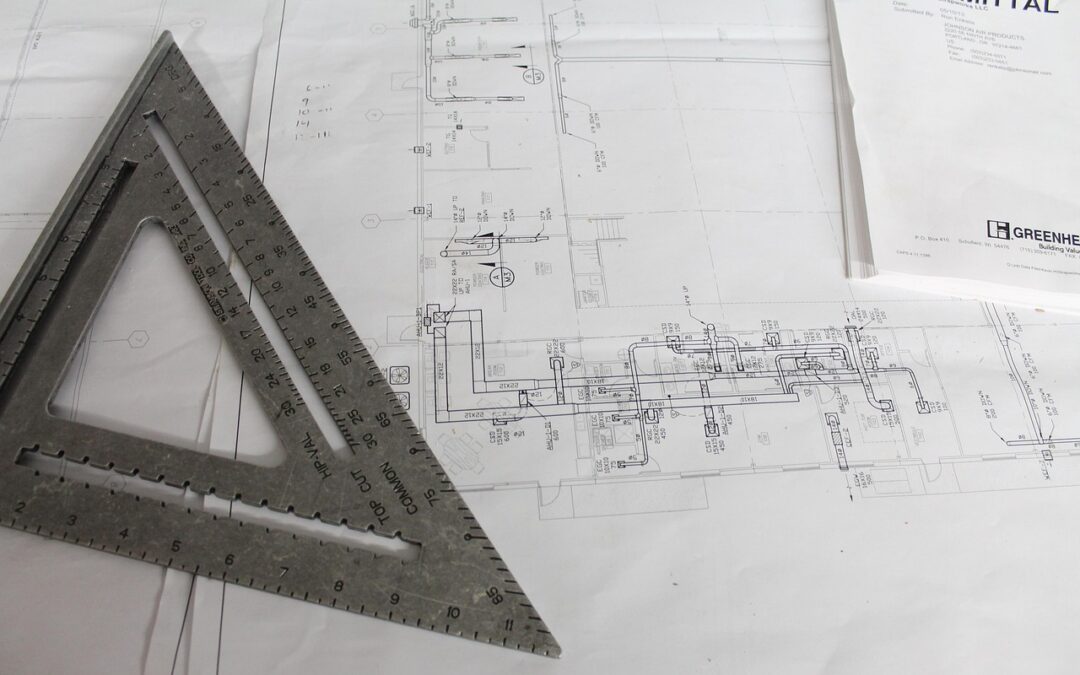Contents
- 1 Excavating Your Project: A Comprehensive Guide to Excavation Services
- 1.1 Excavation Services: What’s Involved?
- 1.2 Land Clearing:
- 1.3 Site Preparation:
- 1.4 Trenching:
- 1.5 Foundation Excavation:
- 1.6 Demolition:
- 1.7 Choosing an Excavation Contractor:
- 1.8 Experience and Expertise:
- 1.9 Licensing and Insurance:
- 1.10 Equipment and Technology:
- 1.11 Safety Practices:
- 1.12 Cost and Budgeting:
- 1.13 The Excavation Process:
- 1.14 Site Assessment:
- 1.15 Equipment Selection:
- 1.16 Excavation Techniques:
- 1.17 Soil Removal and Disposal:
- 1.18 Site Cleanup and Restoration:
- 1.19 FAQs:
- 1.20 How long does an excavation project take?
- 1.21 What permits are required for excavation?
- 1.22 How much does excavation cost?
- 1.23 A Final Note:
Excavating Your Project: A Comprehensive Guide to Excavation Services
TL;DR: Excavation, the process of digging and moving earth, is a crucial step in various construction projects. Professional excavation contractors provide a range of services, including land clearing, site preparation, trenching, foundation excavation, and demolition. When choosing a contractor, consider their experience, licensing, equipment, safety practices, and cost. The excavation process typically involves site assessment, equipment selection, excavation techniques, soil removal, and site cleanup.
Excavation Services: What’s Involved?
Land Clearing:
- Removing vegetation, trees, and debris to prepare a site for construction.
Site Preparation:
- Grading and leveling the ground to create a stable base for structures.
Trenching:
- Digging ditches for underground utilities, such as water, sewer, gas, and electricity.
Foundation Excavation:
- Excavating the foundation for residential, commercial, and industrial buildings.
Demolition:
- Dismantling existing structures and removing debris.
Choosing an Excavation Contractor:
Experience and Expertise:
Hire contractors with a track record of successful excavation projects.
Licensing and Insurance:
Ensure the contractor has proper licenses and insurance to protect both parties.
Equipment and Technology:
Inquire about the contractor’s equipment and how it enhances efficiency and safety.
Safety Practices:
Verify that the contractor adheres to industry safety regulations and best practices.
Cost and Budgeting:
Discuss factors that influence excavation costs, including site conditions, project complexity, and equipment usage.
The Excavation Process:
Site Assessment:
- Initial evaluation to determine the scope of work and project requirements.
Equipment Selection:
- Choosing appropriate heavy equipment based on project size and soil conditions.
Excavation Techniques:
- Employing digging, blasting, or hydraulic excavation methods as needed.
Soil Removal and Disposal:
- Removing excavated soil and disposing of it responsibly.
Site Cleanup and Restoration:
- Cleaning up the site and restoring it to its pre-excavation condition.
FAQs:
How long does an excavation project take?
- The timeline varies depending on the size and complexity of the project.
What permits are required for excavation?
- Permits may be necessary for activities like trenching, foundation excavation, and demolition.
How much does excavation cost?
- Costs vary based on site conditions, project scale, and contractor availability.
A Final Note:
Hiring a professional excavation contractor is essential for ensuring the safety and success of your construction project. Contact a local excavation company today to discuss your project needs and get a free estimate or consultation.

